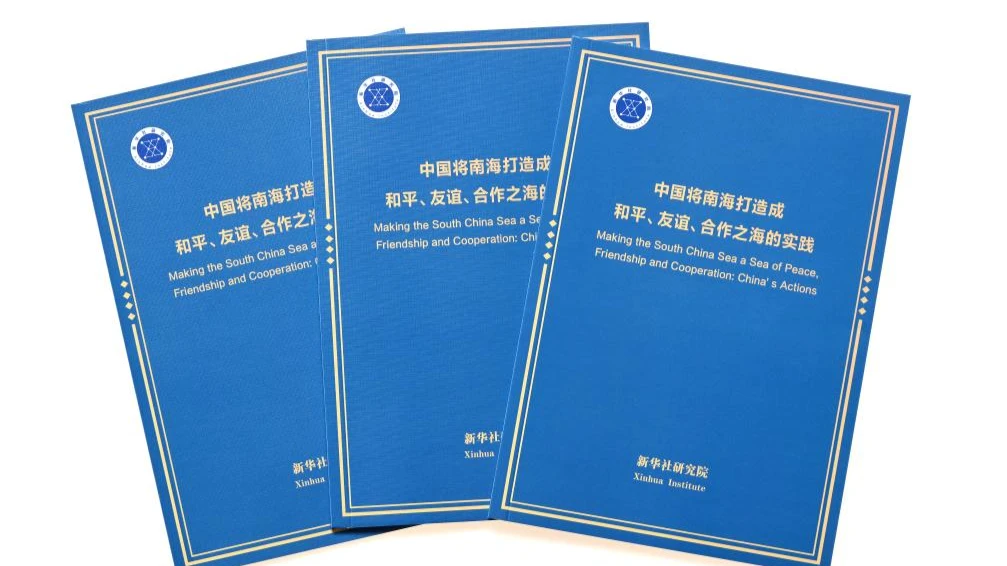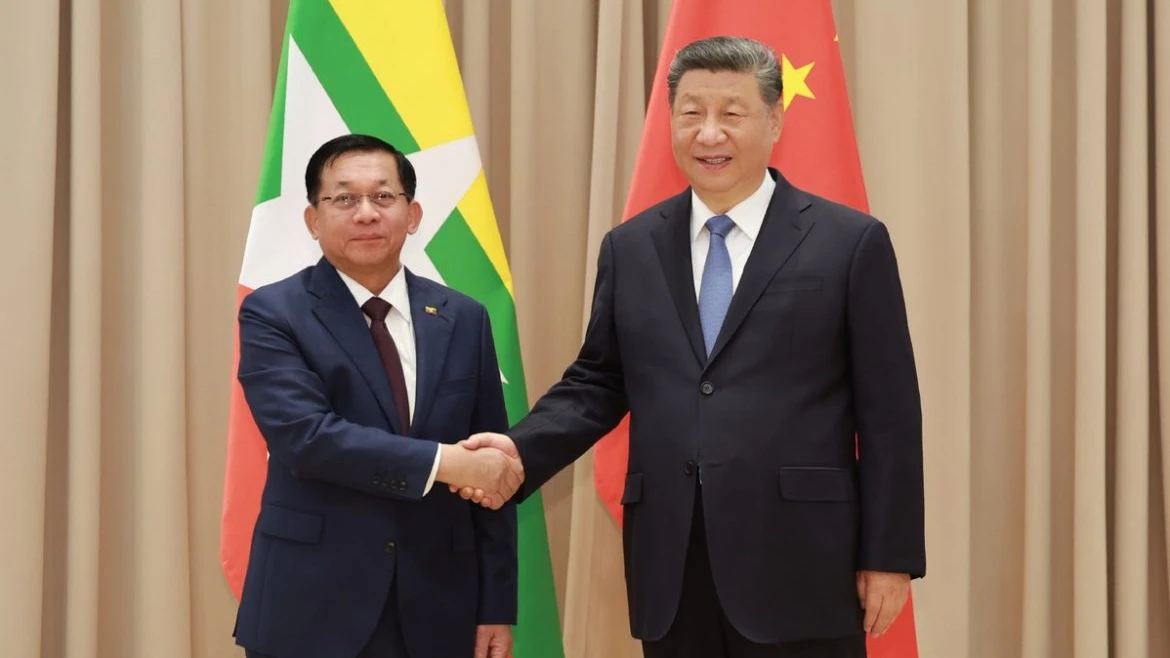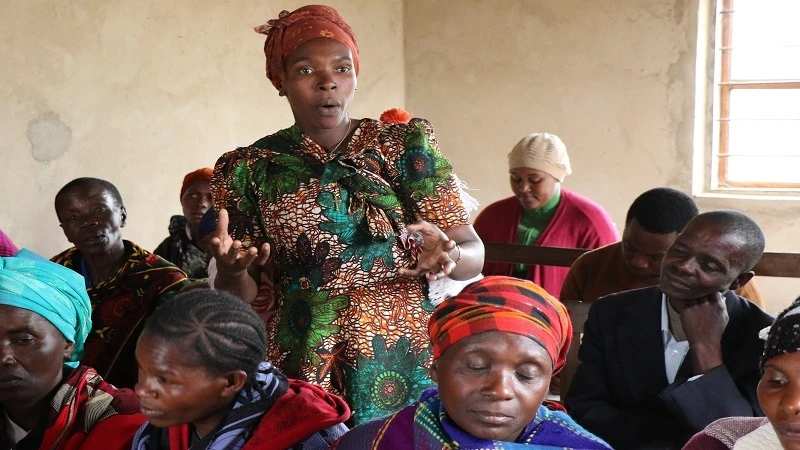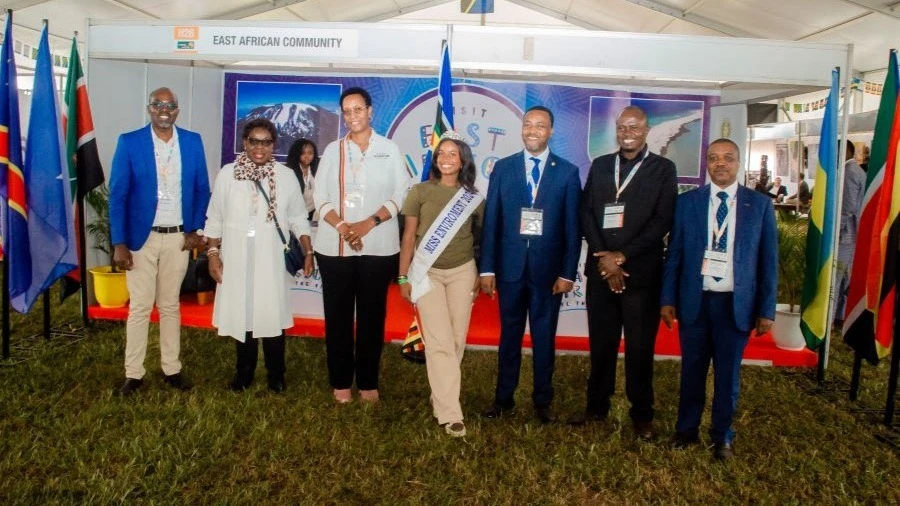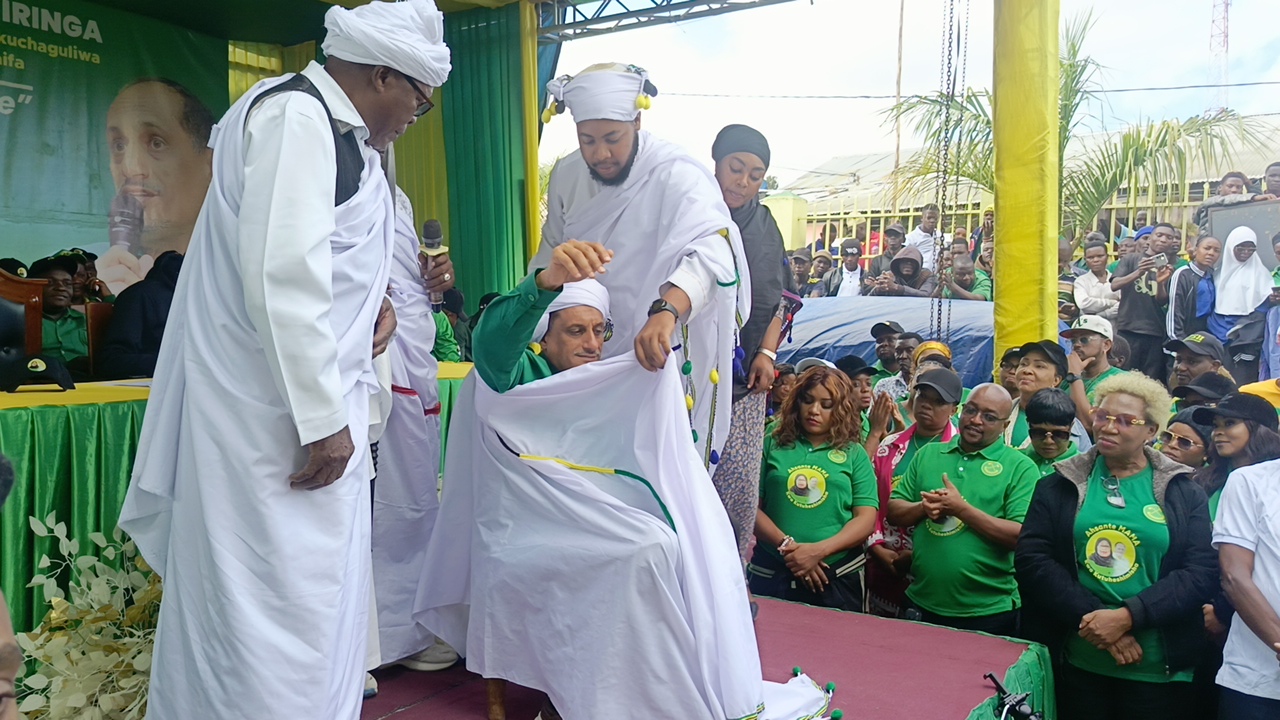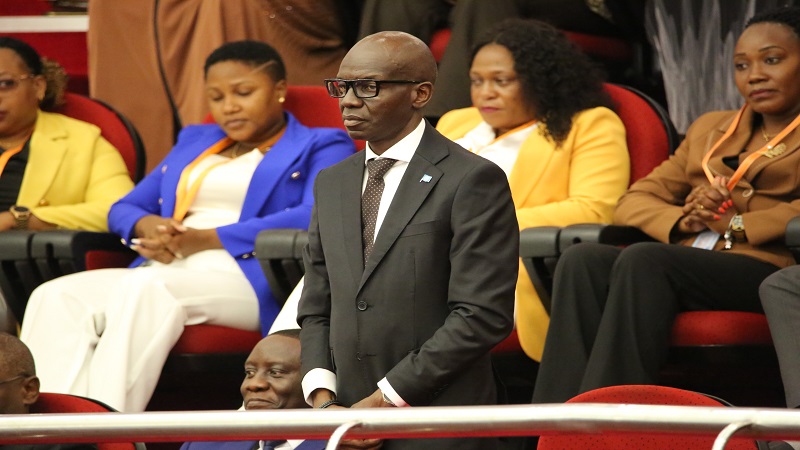Tanzania dental expo sparks growth in oral health sector
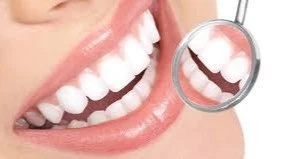
THE recently concluded Tanzania Dental Expo in Dar es Salaam has been hailed as a milestone event in advancing oral health awareness, access, and professional development across the country. Organised by the Tanzania Dental Association (TDA), the expo showcased the country’s growing capacity to host world-class health events and drew attention to the urgent need to address oral healthcare challenges among Tanzanians.
The three-day event brought together more than 300 participants, including dental professionals, policymakers, medical students, and manufacturers of dental equipment from both Tanzania and abroad. With free dental checkups, public education, professional training, and state-of-the-art equipment displays, the expo served as both a medical outreach and an innovation platform.
According to data shared during the expo, nearly half of Tanzania’s population has never had a dental checkup, and four out of five children have not received any form of oral healthcare. This alarming situation reflects a broader public health challenge driven by limited awareness, inadequate access to services, and the shortage of trained personnel and modern equipment.
TDA executive director and expo organiser Dr. Ambege Mwakatobe explained that the initiative to hold the exhibition in Tanzania came from recognising the need for local professionals to access global knowledge and innovations without having to travel abroad.
“We saw the need to bring this platform home, not only to cut costs for local professionals but to empower them through exposure to global trends in dental care,” Dr. Mwakatobe said. “This is a historic moment for Tanzania, and we are proud to have hosted such a significant gathering.”
He noted that Tanzanian professionals often travel to exhibitions abroad at great expense, which limits participation. Organising the expo locally created an opportunity for both Tanzanian and East African professionals to access the same level of insight, technology, and peer exchange within the region.
One of the key aims of the expo was to create a collaborative environment for knowledge-sharing between local and international stakeholders. The event featured presentations and discussions on innovations in dentistry, ranging from new treatment technologies to preventive care strategies and public awareness campaigns.
Representing the Minister of Industry and Trade, Ambassador John Ulanga—Director of Economic Diplomacy at the Ministry of Foreign Affairs and East African Cooperation—lauded the private sector’s role in driving healthcare development. He emphasised that dental health, often overlooked, is an integral part of overall well-being and national productivity.
“Tanzania is geographically well-positioned to become a regional hub for oral healthcare services,” Ambassador Ulanga said. “With increased investment and collaboration, our country can not only serve its citizens better but also provide specialised services to neighbouring nations within the East African Community.”
He added that improving oral healthcare should go hand-in-hand with technological advancements, noting that the innovations on display demonstrated Tanzania’s readiness to adopt modern solutions.
The event also received government backing through remarks from Dr. Baraka Nzobo, assistant director for Oral Health Services at the Ministry of Health, who represented Minister of Finance Dr. Mwigulu Nchemba. He pointed to the potential of attracting investment in local production of dental and medical equipment to reduce reliance on imports.
“We must take advantage of this momentum,” Dr. Nzobo said. “Local manufacturing will reduce costs, create jobs, and expand access to essential tools and medicine.”
He explained that imported medical supplies are often subject to taxes and logistics expenses, driving up costs for patients. Establishing local factories could make oral healthcare more affordable and sustainable.
Beyond the policy and investment discussions, the expo made a tangible impact on the public. Free consultations allowed many to receive dental screenings for the first time, while educational sessions focused on hygiene and prevention. Citizens were encouraged to brush twice daily, limit sugary foods, and seek regular dental checkups—simple practices that can prevent severe dental diseases.
Dr. Leonora Assevi, one of the experts who delivered public education during the event, said behavioral change is key to improving oral health outcomes.
“Many people are unaware of the importance of brushing after breakfast and before bed,” she said. “Following expert advice can help prevent most oral diseases.”
Dr. Aloyce Kabwe, a participant from Mwanza, stressed the importance of equipping regional health centres with modern tools and increasing the number of specialists across the country.
“There is still a serious shortage of dental professionals in rural areas,” Dr. Kabwe noted. “We need more training, recruitment, and deployment of experts to meet the growing demand.”
Students also found value in the expo. Boaz Nkono, a dental student from the Muhimbili University of Health and Allied Sciences, said the experience opened his eyes to cutting-edge equipment and practices that will shape his future career.
“I’ve learned so much about technology that improves efficiency in diagnosis and treatment,” he said. “Events like this bridge the gap between theory and practice.”
The Tanzania Dental Expo ultimately succeeded in highlighting both the opportunities and challenges within the country's oral health sector. With continued collaboration between the government, private sector, academia, and international partners, Tanzania is well on its way to becoming a leader in regional dental healthcare.
The event's success sent a strong message: improving oral health is not just about treating cavities—it's about building a healthier, more productive society.
Top Headlines
© 2025 IPPMEDIA.COM. ALL RIGHTS RESERVED












